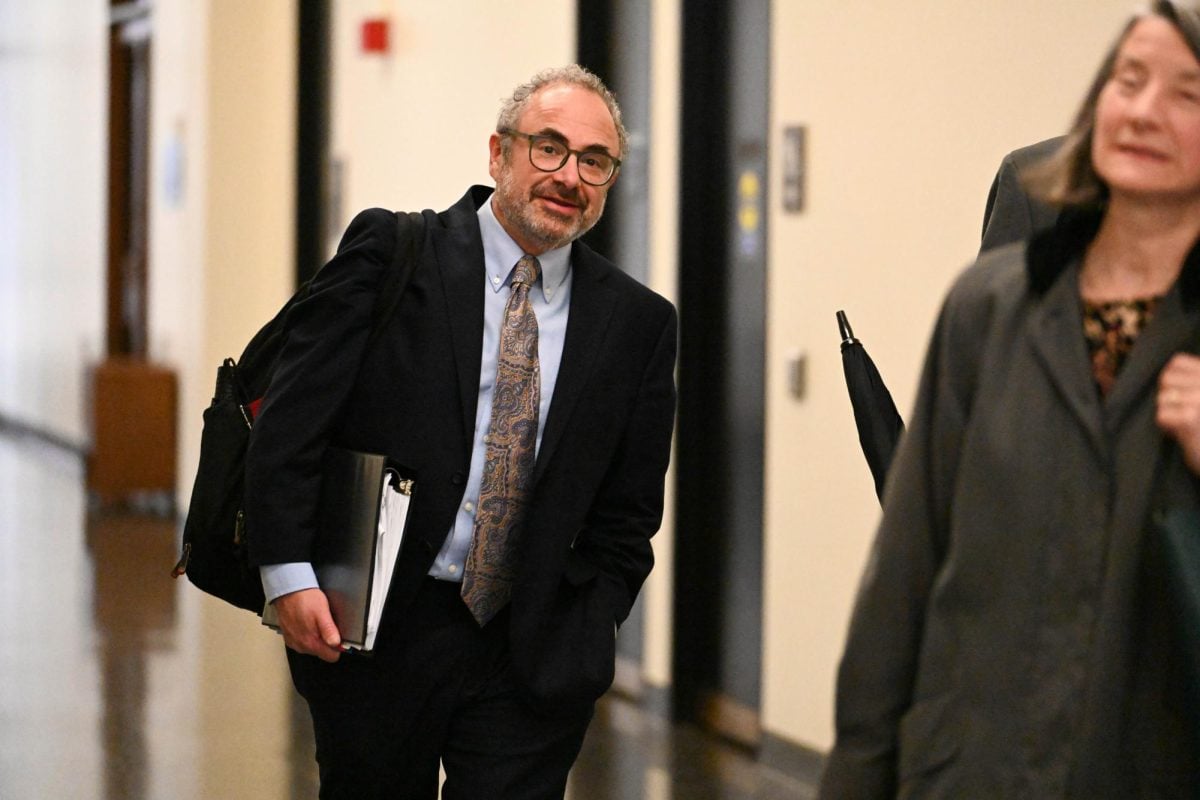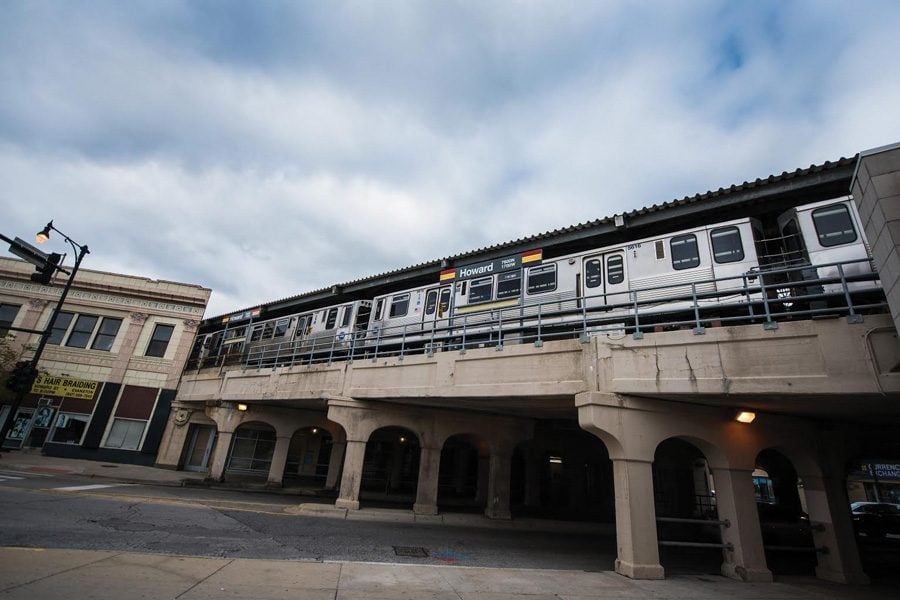Gone are the days when long lines of unemployed Evanston residents twisted out the door of the city’s unemployment services center, but officials say the city’s unemployment rate remains high.
In recent months, fewer are claiming unemployment for their first time at the workNet Center, 1615 Oak Ave., Center Manager Al Saulys said. But unemployment remains a problem in Evanston.
“We are seeing a decline in the number of people coming in,” Saulys said. “Last year at this time, from the time the doors opened until they closed, there was a steady line out the door, and we aren’t seeing that as much, so that’s a good sign.”
Although Evanston is seeing slight job growth, with about 300 residents finding jobs in February, unemployment has continued to rise to a rate of 6.1 percent, according to February statistics from the Illinois Department of Employment Security, the latest data available.
Evanston’s situation is part of a broader American labor picture marked by uncertainty and tepid signs of growth. Nationally, 162,000 jobs were added to the economy, and the national unemployment rate held at 9.7 percent.
“People who are unemployed are tending to stay unemployed longer,” Saulys said. “The average length of unemployment right now is in excess of 26 weeks.”
To re-enter the workforce, the long-term unemployed must obtain new skills relevant to more popular areas of the workforce, Saulys said.
Like the workNet Center, LIFT-Evanston, a nonprofit that offers job services to low-income residents, has seen fewer clients claiming first-time unemployment, Site Coordinator Alicia Ash said.
Since December 2009, no new clients have come in to claim unemployment for their first time, Ash said. Rather, they have come to seek new skills.
“I just talked to a client who has been unemployed for 11 months and wants to go back to school to increase their math skills,” Ash said. “People are definitely trying to figure out ways to gain employment by advancing their skills in areas we know are growing.”
Many of LIFT’s clients do not have professional degrees, making the need to gain new skills even more essential; many employment sectors that are currently hiring require professional training, including health care, transportation and finance, Ash said.
The reduction in clients claiming first-time unemployment may suggest a labor market recovery, Ash said.
But if recovery is happening, it’s only the beginning, Saulys said.
“Job recovery is still very slow and weak, and we certainly aren’t seeing a lot of wholesale hiring out there,” Saulys said.
Further, many who are employed are underemployed, said Patricia Vance, director of the Evanston location of the Community and Economic Development Association of Cook County, 1229 Emerson St. The underemployed can only find part-time employment even though they would prefer to work full time.
“Many of the people who have come in have had their income dramatically decreased, and they’re now eligible for services and programs,” she said.
The severity of the recession still outweighs any early signs of economic healing, Saulys said.
“I’ve been around in this industry for 25 years, and I’ve never experienced anything quite to this magnitude,” he said. “I don’t think anyone has, not since the Great Depression.”[email protected]







